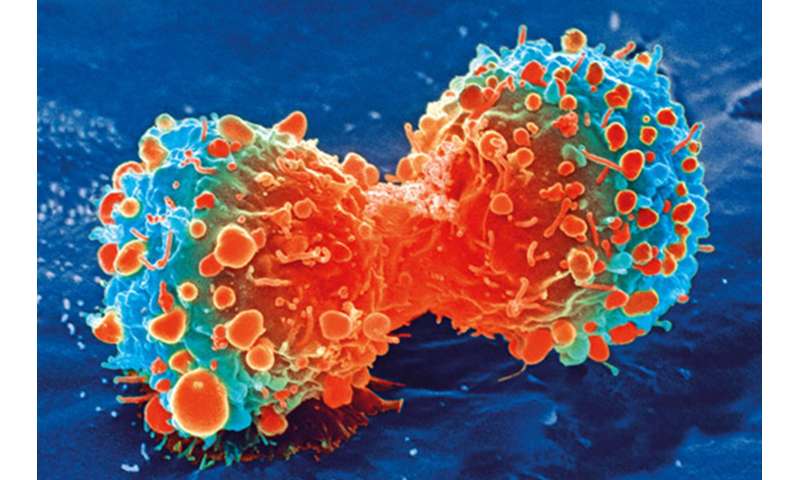
In a comprehensive review of SEER (Surveillance, Epidemiology, and End Results) 18 data researchers analyzed histologic colorectal subtypes independently and found that some lesions categorized as colorectal cancer may potentially be lower-risk tumors. The findings are published in Annals of Internal Medicine.
Data indicate that adenocarcinomas are increasing in most early-onset subgroups, but that carcinoids, a distinct type of tumor, are increasing at a faster rate, at least in part because of increased detection and case capture by cancer registries.
Researchers from Tulane University Medical Center reviewed SEER 18 data from 2000 to 2016 for 119,624 patients with colorectal cancer to assess early-onset colorectal cancer incident rates and changes in incident rates over time, stratified by histologic subtype (primarily adenocarcinoma and carcinoid tumors). Adenocarcinoma is key to analyze because it is a target for prevention through screening programs and risk factor stratification (for example, earlier screening for patients with a family history of cancer). The researchers found that 4% to 20% of colorectal cancers were carcinoid tumors as opposed to adenocarcinoma, a proportion that had increased over time. In the rectum, the colonic segment with the largest reported increase in early-onset CRC, up to 34% of lesions depending on patient age, were carcinoid tumors rather than adenocarcinoma in the most contemporary period. This is significant because carcinoid tumors have a distinct pathogenesis from adenocarcinomas.
According to the researchers, these findings are relevant, as they underscore the importance of assessing histologic subtypes independently. If all colorectal cancers are grouped together without stratifying by histologic subtype, it may not be possible to get an accurate account of adenocarcinomas in young patients. Given the focus on early-onset colorectal cancer, it is critical to focus specifically on adenocarcinomas. They also show that although carcinoids are in fact increasing at a faster rate than adenocarcinomas, adenocarcinomas are steadily increasing in almost all early-onset subgroups, including 40-49 year-olds, which has implications for changing average risk screening to age 45. Furthermore, adenocarcinomas still make up the overwhelming majority of colorectal cancers in younger patients.
The researchers note that modeling studies on which the USPSTF screening recommendations are based excluded carcinoid tumors from their analysis, yet the recently released draft guidelines concluded that beginning screening at age 45 provided a better balance of benefit to harm than beginning at age 50. For those in their 20s and 30s, increasing adenocarcinoma rates also underscore the importance of risk stratifying patients by family history and taking symptoms, for example, rectal bleeding, seriously.
Source: Read Full Article






